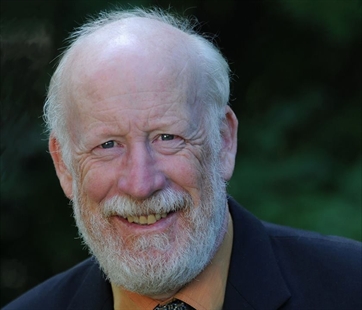
Image Credit: Contributed
June 19, 2016 - 11:01 AM
OPINION
Editor,
Two weeks ago I had the opportunity, as vice-chair of the Natural Resources committee in the House of Commons, to be part of the Canadian delegation to the Clean Energy Ministerial. Energy and environment ministers from around the world met in San Francisco to discuss ways to accelerate the shift to renewable energy, the shift to decarbonize the world economy.
This was the seventh Clean Energy Ministerial, a meeting that in many senses functions as the implementation part of the Paris climate accord. As one of the speakers said, the meeting was founded in the gloomy aftermath of the 2009 Copenhagen climate talks, felt by most observers to be an utter failure. In contrast, most of the veteran attendees I spoke to said this was the most positive Clean Energy Ministerial yet.
There was a real sense that the world had reached a great divide of sorts; that the switch to renewable energy was happening much faster than was predicted even a year ago. Prices for solar and wind energy are now competitive or even below those for fossil fuels, and the political will to drive economies toward renewable energy seems to be unstoppable. Many speakers used the word "inevitable" to describe the shift.
And the cost of renewable energy technology will continue to fall — the price of solar panels is predicted to drop by 50 per cent over the next decade, while wind energy costs will decline by 15 per cent over the same period.
The German energy minister pointed out that there is now a business model for renewable energy, and convincingly claimed that his country had led the way in creating the mass markets necessary to bring prices for green energy technology down. This path was initially expensive for Germany but the pay-off is that German industries now lead the world in this sector.
It is not only the broad use of renewable energy that is changing the map of energy demands around the world. As one industry executive said, the best new fuel on the horizon is efficiency. Stephen Chu, the former US Secretary of Energy, pointed out that new appliances are not only cheaper each year but significantly more energy efficient. The annual energy savings across the USA from new refrigerators alone is equal to the total energy consumption of Italy. Many of the entrepreneurs — several of them proudly Canadian — showing their wares in the CEM trade show had developed intriguing new paths to energy efficiency.
We still have a long way to go in Canada to catch up to the rest of the world in the renewable energy shift. We need strong government action in the form of carbon price policies, incentives for purchases of new clean energy technology and green infrastructure investments. The good news is that now we can embrace renewable energy and not only feel good about it, but save money doing it.
As always, I invite you to share your views with me at Richard.Cannings@parl.gc.ca.
We welcome your comments and opinions on our stories but play nice. We won't censor or delete comments unless they contain off-topic statements or links, unnecessary vulgarity, false facts, spam or obviously fake profiles. If you have any concerns about what you see in comments, email the editor in the link above.
News from © iNFOnews, 2016